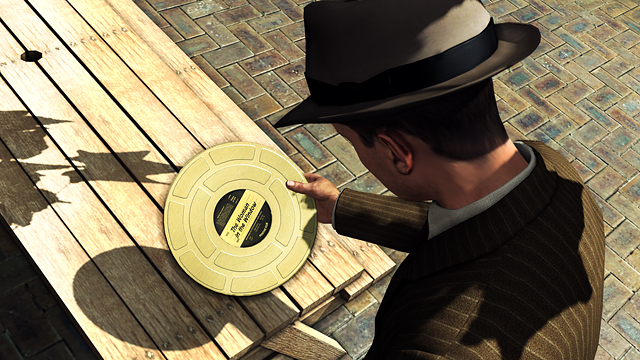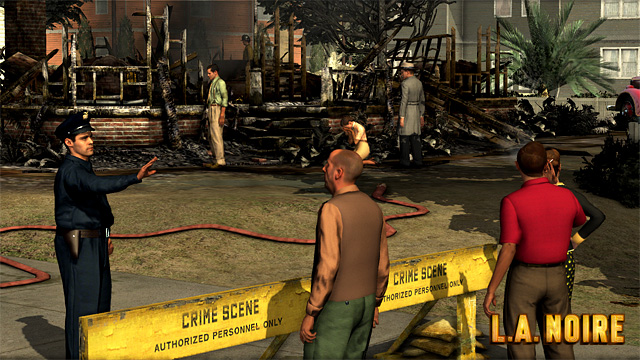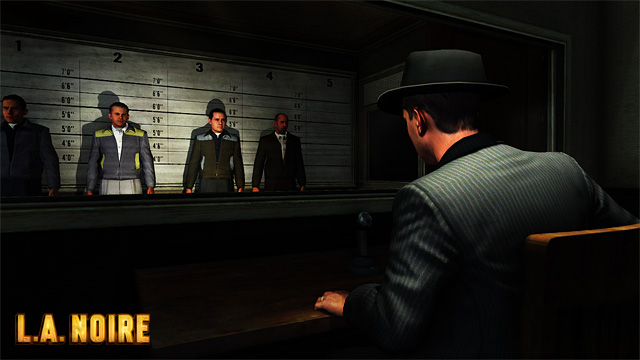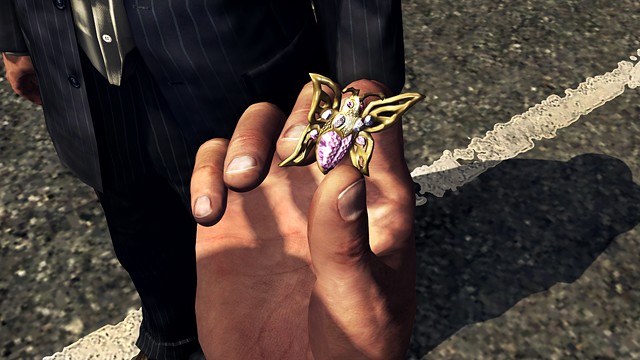|
|

And then there is the natural déjà vu players of 2K Game's recent 40's set game Mafia II will feel. The cars are similar, the shootouts typical, and the setting almost identical. But, L.A. Noire has a whole other level of interactivity that the excellent Mafia II does not present.
This may be a good thing or a bad thing depending on your demeanour. My assessment of the game is only partial at this point, having played through only a portion of the game so far - it does ship on 3 discs with the Xbox 360 version.
But of the hours and hours I have already put in, I can say this is no button mashers game. For the most part the game is about observation and decision making, with only the occasional shoot-out or car chase to add to the excitement levels expected of a video game.

As decorated war veteran Col Phelps, joining the police force seemed a natural thing to do following a couple of year's officer service in the U.S Marines. And Phelps is good at what he does, with the aid of a significant amount of hand-holding, players can guide Phelps through early cases, looking for clues, questioning suspects and taking out enough bad guys to gain the eye of law enforcement management.
He is soon kicked up to detective status working in the traffic and later homicide divisions. Once you get to this point the game settles into a rhythm.
CONTINUED on PAGE 2
|

Team Bondi has given players a control system for the detective work that is as manual as possible. Picking up objects and manipulating the view is done using the analogue stick, only if the player happens to notice a vital clue will the game allow a zoom in, say for example to the registration number of a weapon or similar.
Clues are hidden around a scene, and L.A. Noire uses a clever system of background music and rumble to help you through the pixel hunt for relevant clues. It can become a bit tiresome however, picking up red herrings (not literally) and simply positioning Phelps at the right location to initiate the clue interaction can be a pain.
The flagship feature of L.A. Noire however, is the character interaction. The promised facial animation for actors portraying those around Phelps has been brilliantly realised. When talking to suspects or witnesses, Phelps must make a decision about the truthfulness of each statement, much of this can be based on evidence collected, but even then, or if a clue has been missed, reading the expressions of an interviewee is very important to making the right call during a conversation.

Getting the wrong feed about the truth or not of a statement can send Phelps down a tangential and incorrect investigatory path. Getting it correct get more of the story out in the open, provides intuition points to spend later on hidden clues or interrogation synthesis and generally makes getting to an arrest easier to nut out.
So far, I think the game is taking it easy on me. The acting both voice and expressional is superb, but each actor is different, so picking the truth from a lie does not come naturally. There were times where perhaps I was lucky to nail 2 out of 4 conversations as correctly identified for their truthfulness. But in the end Phelps gets his man or woman, it is just the efficiency in doing so, showing up in the case's final report that may be down due to bad intuition.
The gun-play and car sequences are fun, with an easy to use cover system and simple shooting mechanic, but these serve to be filler by-play between the human interaction of individual cases that weave through a couple of overarching story themes.
First impressions are that Team Bondi, after years of development, has indeed been able to carve out a piece of interactive fiction that out does Heavy Rain with its game-play and provides a setting that whilst not unique against its rivals, provides what is sure to be a memorable moment in video game history.





